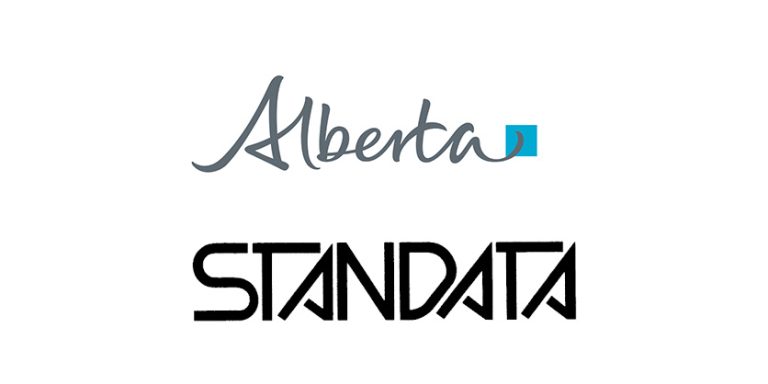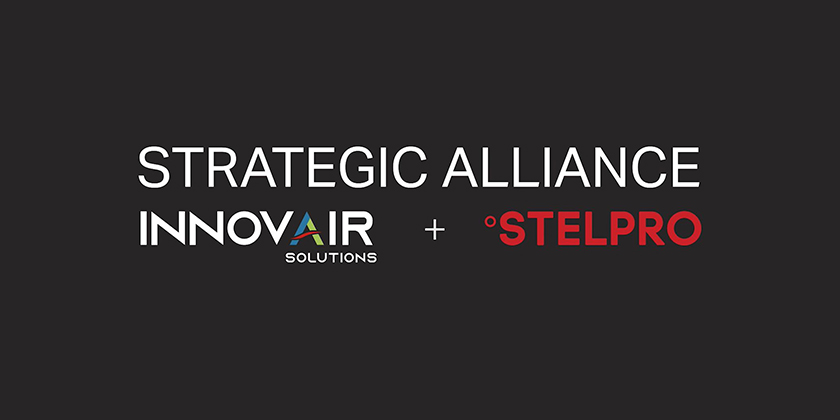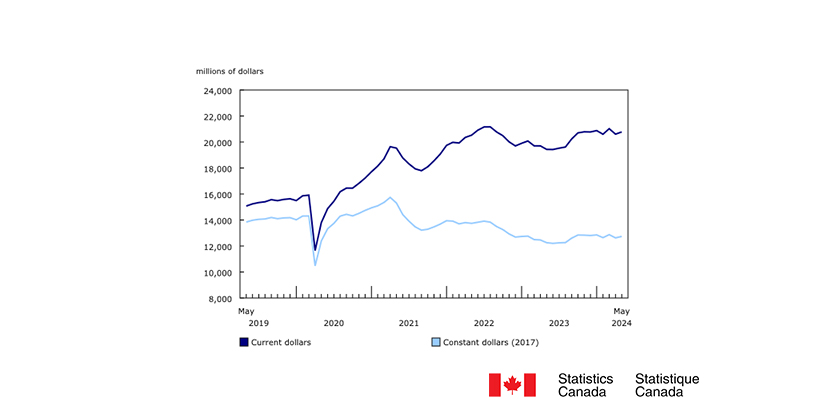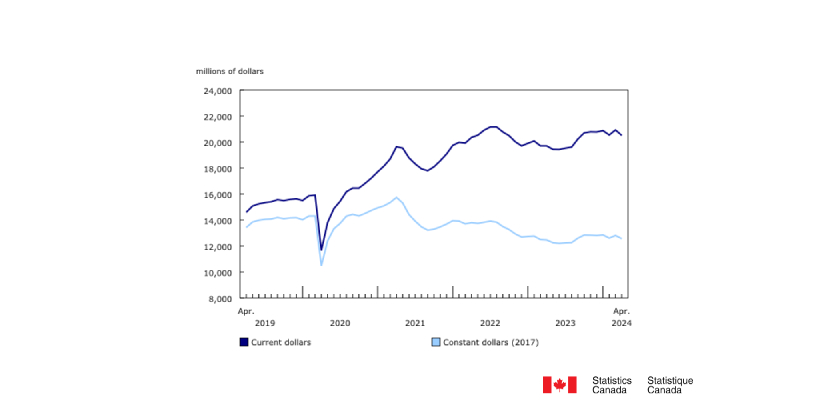Men Supporting Women in the Workplace Is More Important Than Ever

Oct 20, 2020
By Michelle Branigan
In the past few months, the term “she-cession” has been used to refer to the disproportionate impact that the COVID-19 pandemic is having on women’s participation in the workforce. Current Canadian numbers show that more women than men have lost their jobs, and fewer women than men have been able to get them back as workplaces re-open.
In Canadian electricity, women make up 26% of the workforce before taking into account the effects of the pandemic. In this situation, even small losses to women’s participation in electricity will have a detrimental impact on the sector. In order to safeguard the progress we’ve made in building a sector inclusive of all genders, male allyship and support are critical.
The pandemic has upended any previous notions of work-life balance with so many people working from home. On top of job responsibilities, women are disproportionately responsible for childcare, elderly care and domestic responsibilities. Juggling all at once from the same home office is extremely difficult. Employers should be mindful and accommodating during the pandemic with all employees, while taking into account that women in particular may be under additional stress.
Our Leadershift report on women’s representation at the leadership level across the sector highlighted stellar examples of men in the workplace who took the time to consider the experiences of their female colleagues and made changes to their workplace as a result.
One man shared how supporting women in the workplace had a personal aspect for him:
“I started my career in a job that took me often to energy industry events, where I would regularly meet the same people. Then I left the sector for several years. When I returned, I was struck by the fact that I was still seeing the same, predominantly male, faces at events. Over the course of my career, I have had the privilege of reporting to two highly qualified and extremely well-respected female leaders. This gave me a wider perspective on what leadership could look like. My wife is a capable professional and we have young daughters. I think a lot about my children’s future and what small things I can do to help improve their experiences of the world — both personal and professional.”
Another interview participant explained how his perspective on the importance of an inclusive workplace culture had changed, as he realized how the workplace environment could be discouraging women from entering in the sector:
“We cannot just expect the workplace to be very open and welcoming. I must admit, from my comfortable downtown office, I did not pay as much attention as I should have to how important that is. I had to hear some hard stories of isolation to be able to put myself in the shoes of newcomers to our workplace. Most large utilities have a code of ethics that outlines respectful behaviours, but does everyone read that? In our organization, we’re working to help our people bring our values to life. We’re rolling out a new initiative — and the managers of crews will be the on-the-ground drivers of it. They’ll have a quick reference guide that they’ll use to set expectations, such as for calling out concerning behaviours in safety meetings. There will be lots of ongoing communications, and customized bystander and supervisory training. We’ll be partnering more with our unions to resolve issues. We want to make it the norm to ‘see something, say something.’”
Finally, another interview participant shared how he checks in with his biases when approaching gender diversity in hiring:
“Myths around diversity and inclusion can make things complicated. Men can feel that their promotion is not celebrated as much as others; and women may feel that people question whether their promotion was solely based on merit. I rely on the guiding principle of meritocracy as a way of trying to dispel such myths about diversity and inclusion. I hire the best person for the role, while encouraging everyone to participate; and by ensuring an inclusive process, it will bring an outcome of equality for all. When making a hiring decision, be mindful, go through a mental checklist to make sure you’re managing your bias, challenge yourself.”
These examples demonstrate that while building a gender-inclusive workplace is not something that can happen overnight, there are small changes to our own behaviour we can all start with right away. Actively listening to and acknowledging the experiences of the women in the workplace is a great first step.
Our workforce is more innovative and resilient when it includes a wide variety of perspectives and experiences. During these challenging times let’s work together to support all members of our sector.
To read more about actions taken by leaders to create a more inclusive workplace, visit www.electricityhr.ca
Michelle Branigan is CEO, Electricity Human Resources Canada.

















